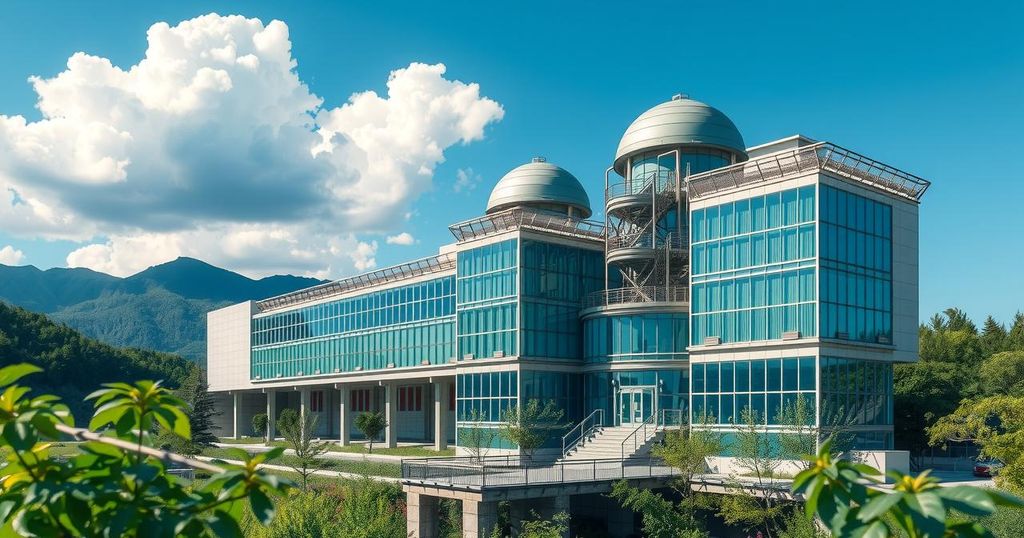An IAEA team visited Bolivia’s RB-01 nuclear research reactor to ensure safety compliance ahead of its commissioning in 2025. The mission highlighted significant progress and provided recommendations for enhancing operational safety. The reactor will play a crucial role in improving local healthcare and advancing the nation’s technological capabilities.
The International Atomic Energy Agency (IAEA) conducted a seven-day Integrated Safety Assessment Mission at Bolivia’s RB-01 nuclear research reactor. This mission was initiated by Bolivia’s Nuclear Energy Agency (ABEN) to ensure compliance with IAEA safety standards as the facility approaches its commissioning phase. Experts from Bulgaria, Canada, France, and the Netherlands participated, alongside an IAEA representative.
The RB-01 reactor, a 200 kW pressurized water reactor, is central to the Centre for Research and Development in Nuclear Technology, situated in El Alto at 4,000 meters above sea level. Scheduled for operation in 2025, it will be distinguished as the highest altitude research reactor globally. Joseph Christensen, IAEA’s Senior Nuclear Safety Officer, commended ABEN’s progress and emphasized the importance of maintaining safety during the commissioning phase.
The review team provided several recommendations to enhance safety, including improving staff training, formalizing a safety committee, and updating the radiation protection program. ABEN’s director general, Hortensia Jiménez Rivera, highlighted the commitment to a safety culture as essential for the successful implementation of nuclear technology in Bolivia, which benefits various sectors like health and agriculture.
The El Alto facility also houses a fully operational Cyclotron Preclinical Radiopharmacy Complex, which is set to produce pharmaceuticals for local nuclear medicine centers, aiming to provide better healthcare options domestically. Additionally, the Multipurpose Irradiation Centre has been established. Rosatom signed the contract with ABEN in September 2017, with construction commencing in July 2021 and the research reactor vessel installed in 2023.
In conclusion, Bolivia’s RB-01 nuclear research reactor project is a significant advancement in the country’s scientific and technological landscape. The IAEA’s recent mission underscores the commitment to safety as construction nears completion and the project prepares for commissioning in 2025. With state-of-the-art facilities established, Bolivia is poised to enhance healthcare services and promote nuclear technology applications for the benefit of its population.
Original Source: world-nuclear-news.org






